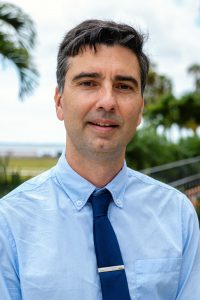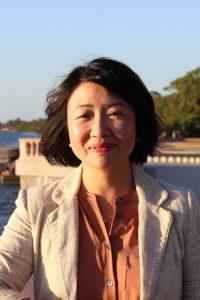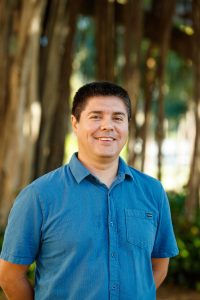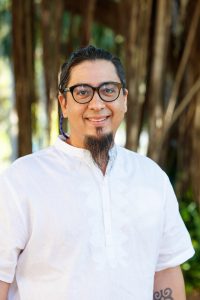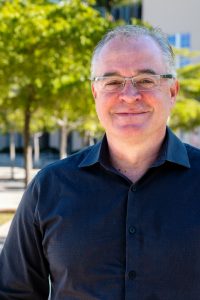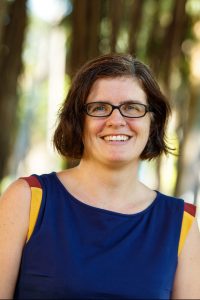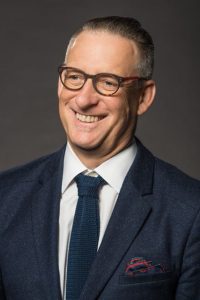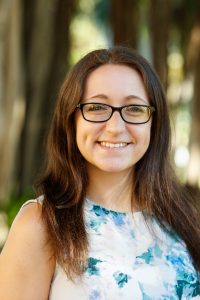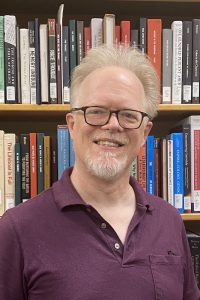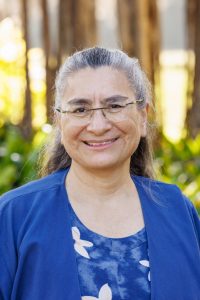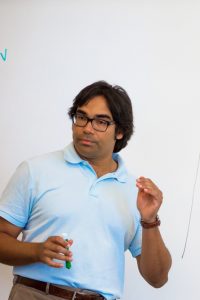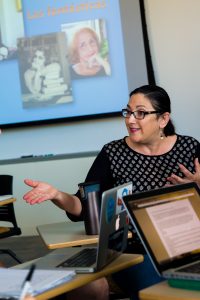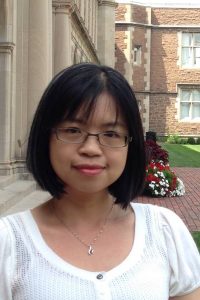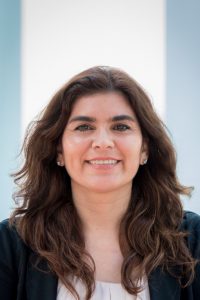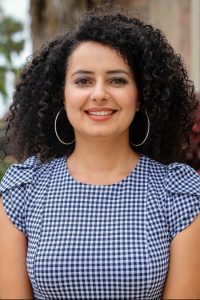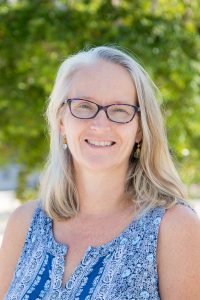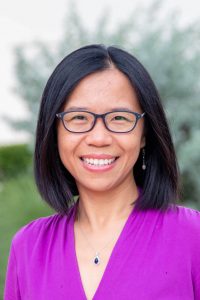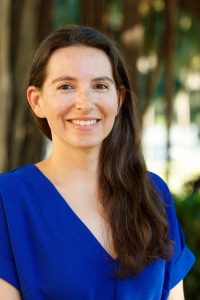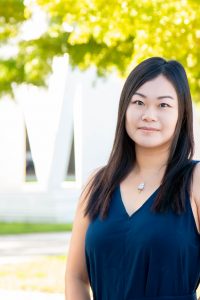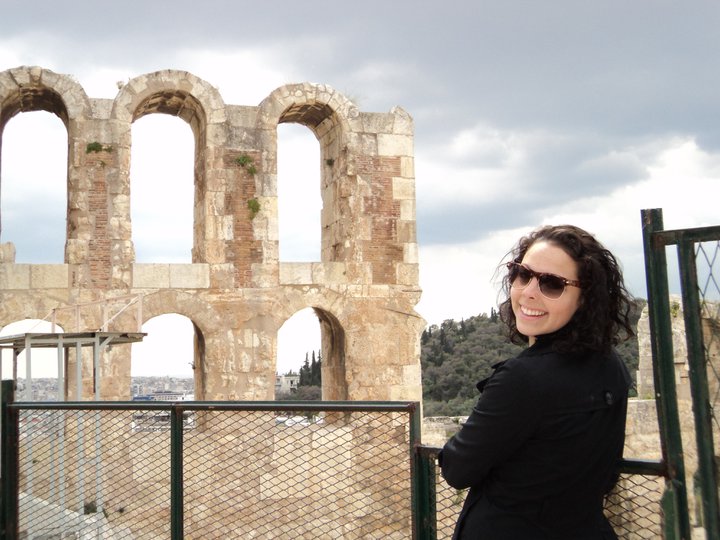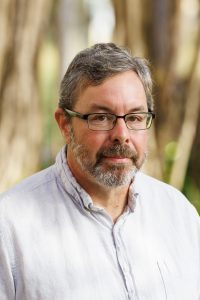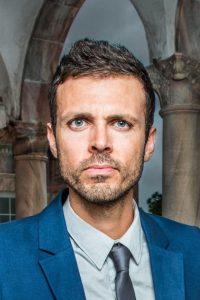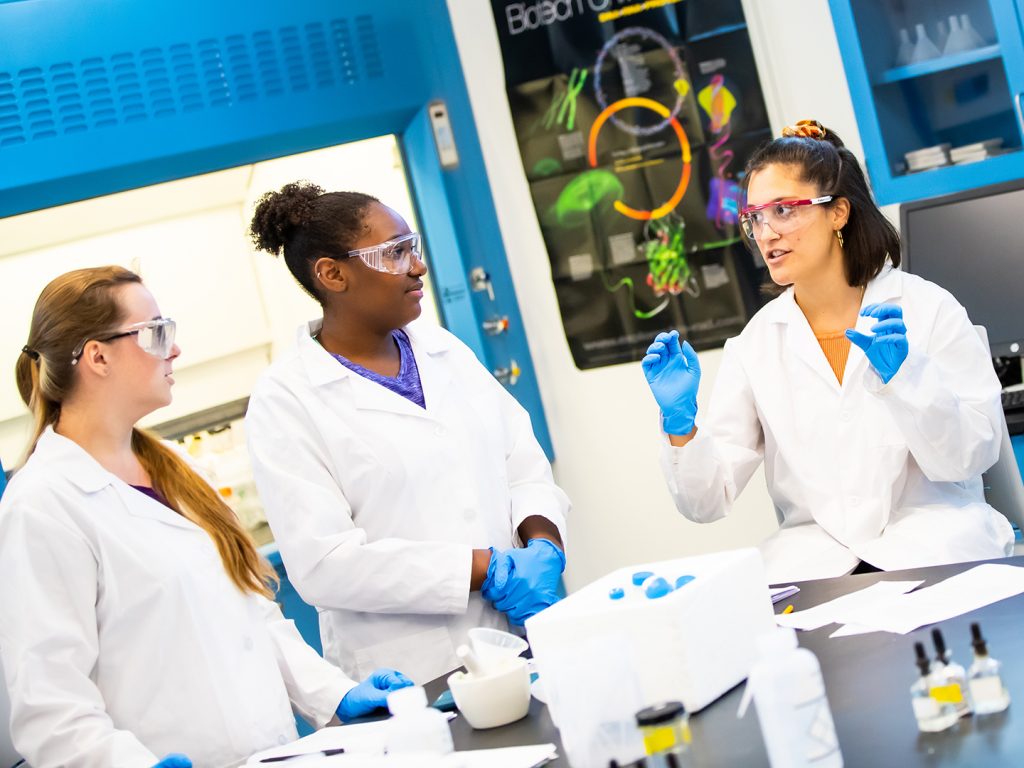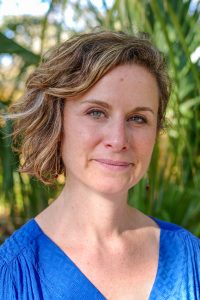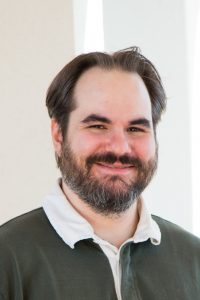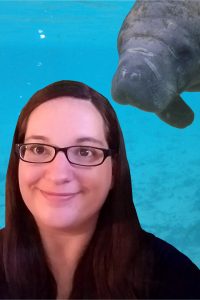The International & Area Studies AOC at New College is designed to meet the need for a new generation trained to enter the international arena with a comprehensive view of the international system and an in-depth understanding of a major region or issue in world affairs.
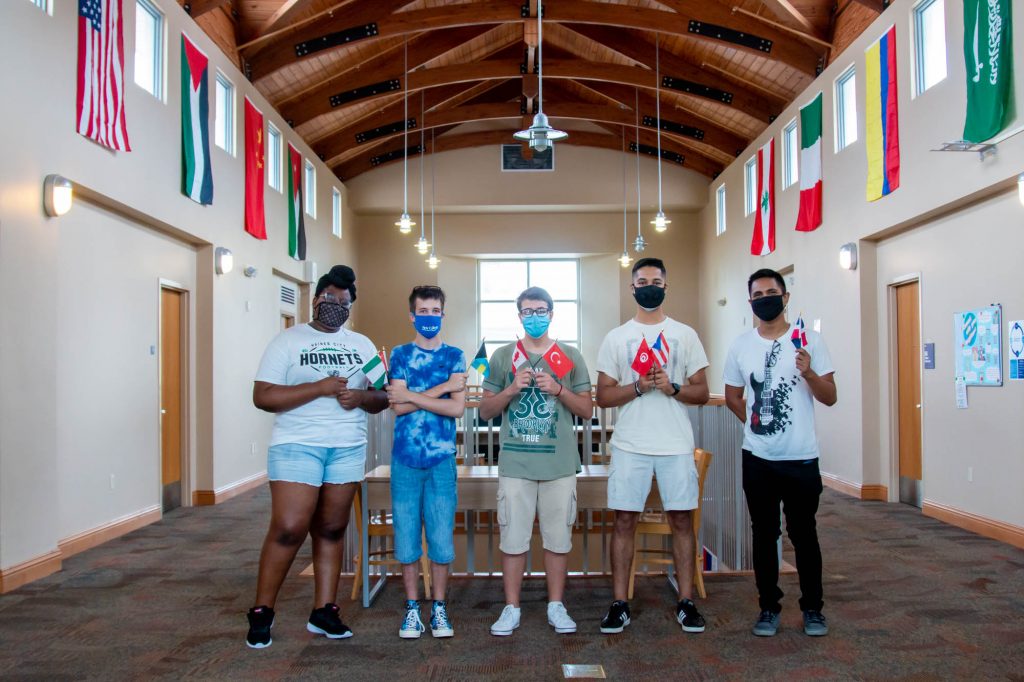
About the International & Area Studies Program
In response to the unique challenges of global interdependence, the International Studies program offers several AOC options. The International & Area Studies (IAS) concentration is designed to meet the need for a new generation trained to enter the international arena with a comprehensive view of the international system and an in-depth understanding of a major region or issue in world affairs.
The IAS area of concentration offers three tracks to both meet a range of student interests and provide solid training for future study or work in the area. The “area studies” track combines fundamental courses on the international political and economic systems with the student’s choice of specialization in a regional area; the “systemic track” focuses on a deeper understanding of the international political and economic systems; and the “issue” track is designed for students with a specific interest in a major international issue that affects more than one region, e.g. global health issues or peace and conflict.
In addition to these three tracks in the IAS AOC, we offer separate AOCs in Caribbean and Latin American Studies, East Asian Studies, and European Studies. These AOCs are designed for students with intensive interests in one of these regions and less of a focus on the international system. Students are free to concentrate in other regional areas either under the IAS area studies track or as an individually designed major.
International & Area Studies, Asian Studies, Caribbean and Latin American Studies, East Asian Studies, and European Studies are also very appropriate joint AOCs for students combining them with disciplinary AOCs, so we offer a reduced set of requirements for those options.
With approximately 100 funding opportunities directly related to International & Area Studies currently available to our students, there are plenty of chances for extended research and study abroad within our program! See the CEO’s Scholarship-Fellowship Database for more information.
On the third Wednesday of every month, the IAS Program hosts its Global Wednesday Talk (GWT) series from 4-5 pm. From individual speakers to small panels, speakers from on and off campus alike come to present on a range of topics related to the international sphere. GWTs provide a space for direct audience engagement and post-talk discussion. For details on topics and location, learn more here.
For the latest from the IAS program, check out our Youtube channel and follow us on Twitter @NCFIAS!
“I dream of developing a career in international development, foreign service or global journalism. As the nerve center for the European Union, NATO and transatlantic diplomacy, Belgium will offer me the opportunity to be immersed in a diverse international community central to my goals. As a first-generation, low-income student, I am so excited to have an opportunity to see more of the world and chase my dreams.”
Jacob Wentz
Graduate 2020
Awarded Fulbright English Teaching Assistant Award
Featured Course
HIST 2200
East Asian Civilization
This introductory-level course introduces students to the histories of China, Korea, and Japan from the earliest states to the present. It offers the opportunity for students to engage in cross-cultural study of countries with long and rich historical records, extraordinary, enduring cultural achievements, and increasingly important roles in contemporary international affairs. Topics include: state formation and dissolution; the role of ideology and how it changes; religious beliefs and values; agriculture, commerce, and industry; changing gender roles and family relations and the impact and interaction with the West.
Recent courses
|
|
Potential Career Pathways
- International Business
- International Relations
- Global Public Health
- Social Services
- Nonprofits & NGOs
- Foreign Service
- Education
- Communications
- Law
- Travel and Tourism
Contact Us
International & Area Studies Program
IAS Faculty
Emma Knadle
Office Manager
Dr. Manuel Lopez
Associate Provost
Associate Professor of Religion and Buddhist Studies
Dr. Jing Zhang
Associate Professor of Chinese Language and Culture
International & Area Studies Director
Dr. Yidong Gong
Assistant Professor of Anthropology
Dr. Manuel Lopez
Associate Provost
Associate Professor of Religion and Buddhist Studies
Dr. Gerardo Toro-Farmer
Assistant Professor of Coastal and Marine Science
Dr. Hugo R. Viera-Vargas
Assistant Professor of Caribbean/Latin American Studies and Music
Dr. Jing Zhang
Associate Professor of Chinese Language and Culture
International & Area Studies Director
Dr. Frank Alcock
Professor of Political Science & Environmental Studies
Anthony Andrews
Professor Emeritus of Anthropology
Dr. Carrie Beneš
Professor of History
Chart Your Course Director
Dr. Katherine Brion
Associate Professor of Art History and Museum Studies
Tracy Collins
Associate Professor of Economics
Dr. Kristopher Fennie
Associate Professor of Epidemiology
Co-Director of Health Cultures and Societies
Amanda Fidalgo
Assistant Professor of Political Science
Dr. Yidong Gong
Assistant Professor of Anthropology
David Harvey
Dean, Center for the Study of Western Civilization
Dr. Sarah Hernandez
Associate Professor of Sociology & Caribbean and Latin American Studies
Barbara Hicks
Social Science Division Chair
Professor of Political Science
Dr. Tarron Khemraj
Professor of Economics and International Studies
William and Marie Selby Chair
Dr. Sonia Labrador-Rodriguez
Associate Professor of Spanish Language and Literature
Dr. Fang-yu Li
Associate Professor of Chinese Language and Culture
Dr. Manuel Lopez
Associate Provost
Associate Professor of Religion and Buddhist Studies
Mariam Manzur-Leiva
Director of Teaching & Learning
Quality Matters Coordinator & Teaching Online Certificate Facilitator
Dr. Nassima Neggaz
Associate Professor of History and Religion
Dr. Jose Alberto Portugal
Professor of Spanish Language and Literature
Dr. Amy Reid
Professor of French Language and Literature
Director of Gender Studies
Xia Shi
Associate Professor of History
Marian Hoppin Chair of Asian Studies
Dr. Wendy Sutherland
Professor of German & Black European and Diaspora Studies
Dr. Gerardo Toro-Farmer
Assistant Professor of Coastal and Marine Science
Dr. Hugo R. Viera-Vargas
Assistant Professor of Caribbean/Latin American Studies and Music
Dr. Alina Wyman
Professor of Russian Language and Literature
Dr. Jessica Young
Assistant Professor of Global English
Faculty Steward of the Dr. Helen N. Fagin Collection in Holocaust, Genocide, and Human Rights
Dr. Sherry Yu
Associate Professor of Economics and Finance
Dr. Queen Zabriskie
Associate Professor of Sociology / MacArthur Chair
MacArthur Professorship 2019-2022

Study Abroad
Expand your education beyond the classroom and beyond borders by studying and interning
The study of the Greek language is foundational for understanding the classical and Byzantine worlds. In addition, knowledge of Greek is valuable for better understanding language in general and English in particular.
About the Greek Area of Concentration
Greek is a joint concentration that consists of six courses or activities. Four must be in Greek language. The remaining two can also be in Greek language, or they can be in classical civilization or Latin language.
Featured Course
LANG 2110
Elementary Homeric Greek
Elementary Homeric Greek I is the first half of a year-long course on the language of the ancient Greeks. This class has a unique organization that teaches Greek within the context of actual, unedited verses of Homer’s Iliad (composed around 800 BCE), and by the end of this semester, students will read around forty verses of the Iliad. Success will be achieved through learning the meaning and morphology of all Greek nouns, pronouns, adjectives, and most verbs, as well as by learning the most important Greek syntactical constructions. By the end of the first year of Greek, students will be prepared to read and understand (with guidance) Homer in the original language.
Recent courses
- Advanced Greek: Euripides’ Medea
- Elementary Homeric Greek I
Career Pathways
- Translation and Interpretation
- Education
- Civil and Foreign Service
- Intelligence
- Journalism
- Museum work
Contact Us
Humanities Division
Phone Number
Email Address
Location
Ace Academic Center 116
Greek Faculty
Dr. David Rohrbacher
Provost and Vice President of Academic Affairs
Dr. Carl Shaw
Professor of Classics
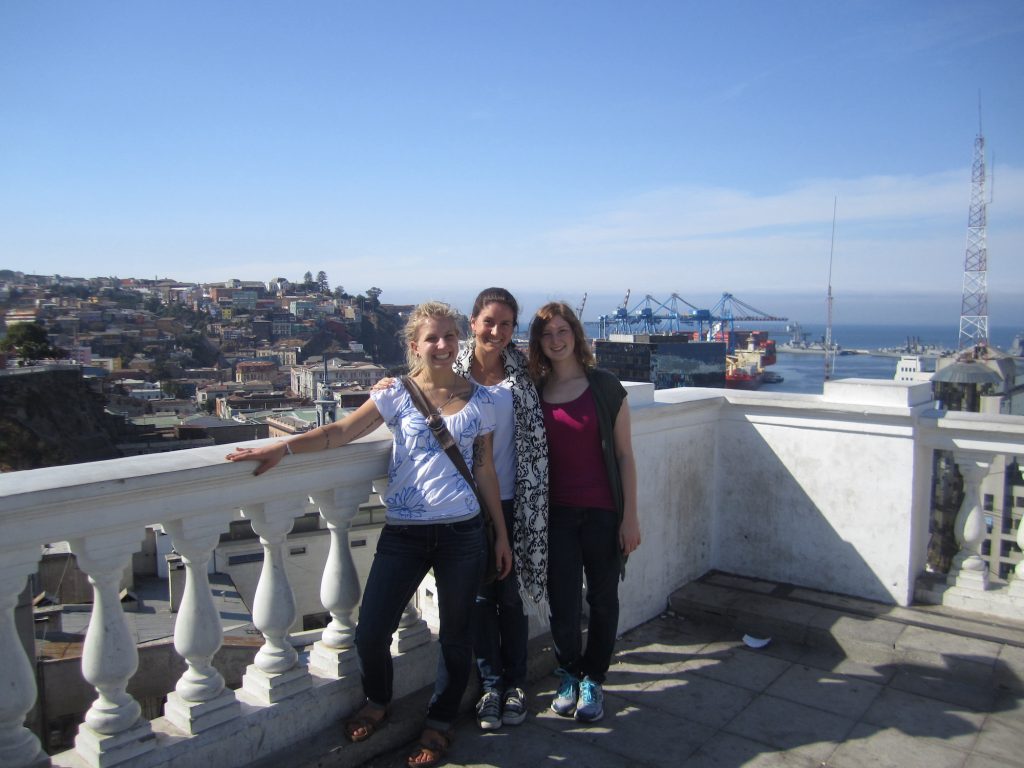
Study Abroad
Expand your education beyond the classroom and beyond borders by studying and interning
From our campus location on Sarasota Bay to our subtropical climate to our outstanding biology facilities and faculty, you will find opportunities to work beside renowned professors who will immerse you in rigorous studies while giving you the opportunity to conduct advanced research as an undergraduate.
About the Biology Area of Concentration
A concentration in Biology begins with course work in a two-semester sequence (Foundations of Biology 1 and 2), which may be taken in any order. A well-rounded biologist will build on basic concepts with study in three core levels of organization: molecular/cellular biology, organismal biology, and ecology/evolution. Course offerings supplemented by tutorials allow students to accomplish this in seven contracts. Additional coursework in the other Natural Science disciplines is also required.
Two additional Biology elective courses will ensure students are well-rounded biologists and receive training in multiple areas to assist their thesis research and future goals. In the current curriculum, molecular and cellular courses include Genetics, Developmental Biology, Microbiology, Neurobiology, and Cellular Biology. Organismal biology is represented by course offerings, including Organismic Biology, Botany, Entomology, Fish Biology, Invertebrate Zoology, Plant Physiology, and the Biology of Sharks, Skates, and Rays. Ecology/evolution is represented by course offerings including Ecology, Forest Ecology, Biology of Urbanization, Evolution and Animal Behavior.
“I chose to attend New College because it will prepare me for the challenges of medical school and the practice of medicine and medical research itself.”
Saurav Kiri
Biology Student and Archimedes Scholar
Featured Course
BIOL 3115
Florida Natural History
Natural history is a domain of inquiry involving organisms in their natural environment. We will study the principles of natural history, including the general ecology, habitats, vegetation types, wildlife, historical geology, and conservation issues of Florida. We will use group and individual project-based learning to discover the natural environments of Florida. Field trips to Florida ecosystems will exemplify the principles of natural history.
Recent Courses
- Biology of Sharks, Skates and Rays
- Biology of Urbanization
- Biostatistics
- Coral Reef Ecology
- Epidemiology Matters: An Introduction
- Florida Natural History
- Fundamentals of Applied Genetics
- Global Health and Humanity
- Introduction to Entomology
- Introduction to Microbiology
- Introduction to Neuroscience
- Introduction to Oceanography
- Invertebrate Zoology
- Marine Mammal Biology
- Neurobiology
- Organismic Biology
- Sex, Gender, Mind and Brain
- Social Epidemiology
- Topics in Genomics
- Tropical Disease Epidemiology
Career Outcomes
New College graduates from the Biology program have earned prestigious Fulbright awards, attended medical school and doctoral programs, and pursued careers in pharmaceutical research, biosciences, and software development. Fields that fit well with a Biology degree include:
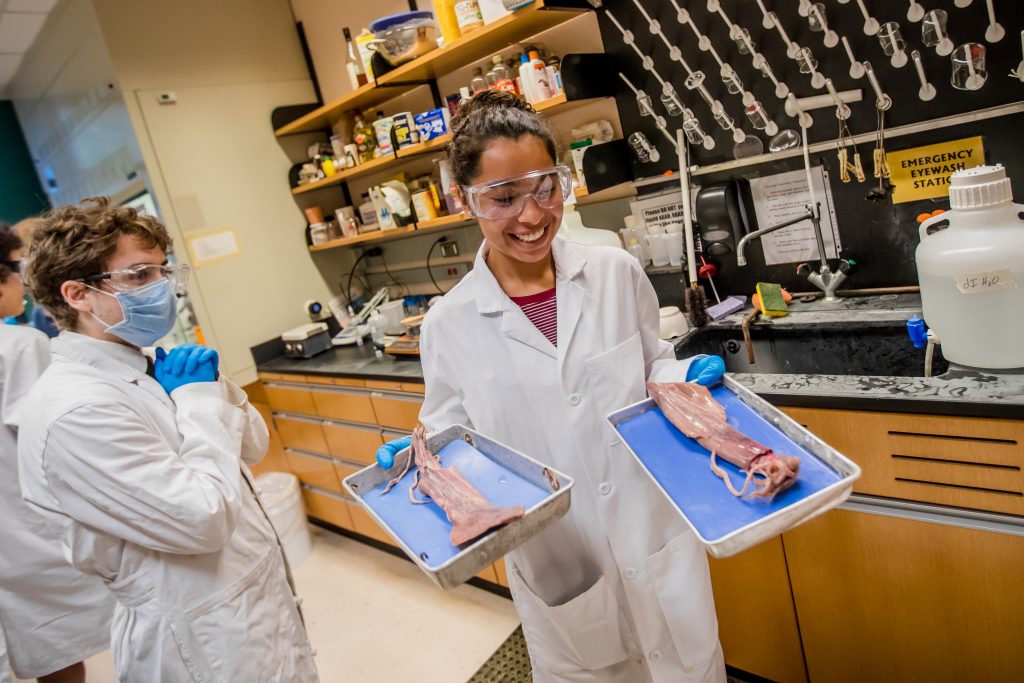 Bioinformatics
Bioinformatics- Biotechnology
- Dentistry
- Medicine
- Physiology
- Science Policy
- Zoology
- Environmental Sciences
- Veterinary Sciences
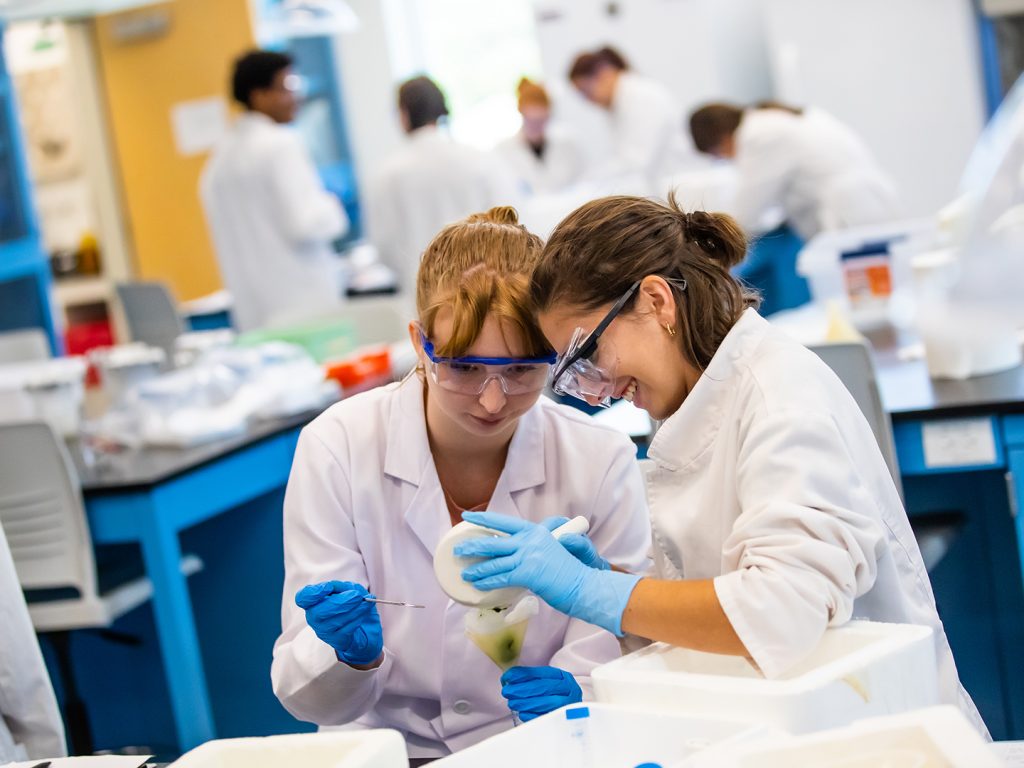
Pre-Health Program
In an effort to share valuable resources and create strong connections between students, the Pre-Health program is designed for students interested in pursuing a career in healthcare and medicine, and includes Pre-Med, Pre-Vet, Pre-Dental, and Pre-Pharmaceutical.
Contact Us
Natural Sciences Division
Phone Number
Email Address
Location
Heiser Natural Sciences Complex 172C
Biology Faculty
Dr. Amy Clore
Professor of Biology
Dr. Kristopher Fennie
Associate Professor of Epidemiology
Co-Director of Health Cultures and Societies
Dr. Jayne M. Gardiner
Associate Professor of Biology
Sandra Gilchrist
Professor of Biology & Marine Science
Natural Sciences Division Chair
Dr. Emily Heffernan
Director, Environmental Studies Program
Associate Professor of Biology and Environmental Studies
Tyrone Ryba
Associate Professor of Bioinformatics
Dr. Athena Rycyk
Associate Professor, Marine Mammal Science
Alfred Beulig
Emeritus Professor of Biology
Leo Demski
Emeritus Professor of Biology
Founding Director Pritzker Marine Biology Center
Dr. Elzie McCord Jr.
Emeritus Professor of Biology
Biology Student Resources
The economics program at New College provides students with the analytical tools that will enable them to understand and assess the events and decisions that affect society at large as well as their own professional and personal lives.
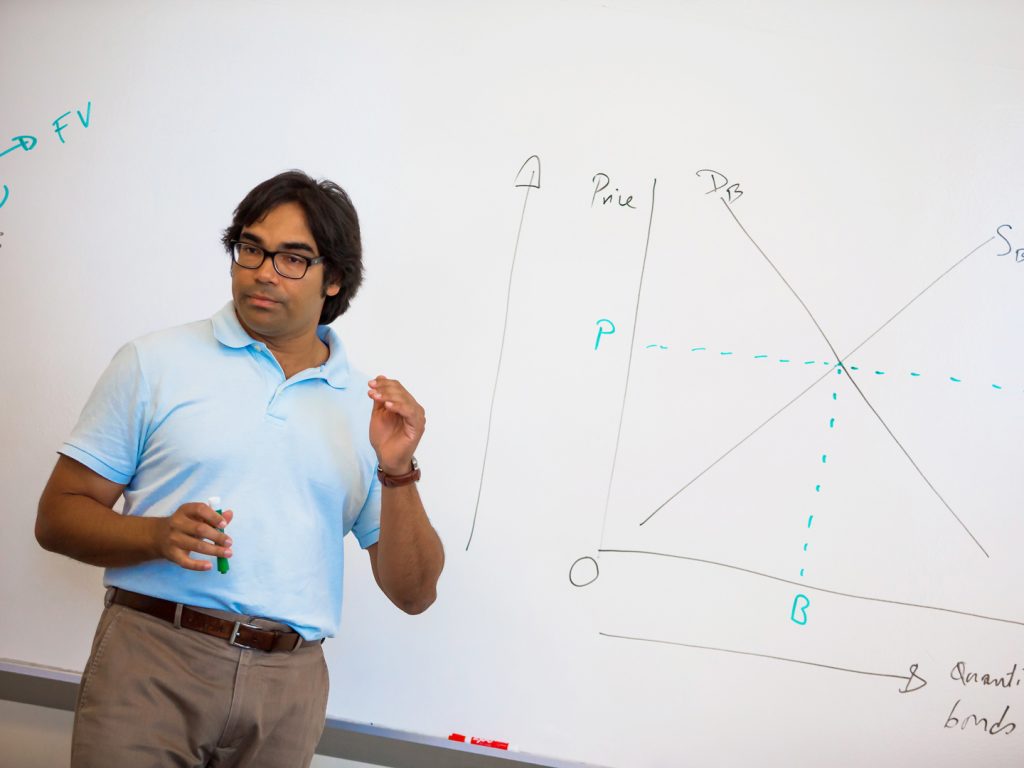
About the Economics Area of Concentration
An understanding of economic principles is crucial to evaluating major national policy issues such as health care reform and international policy issues such as the desirability of free trade agreements. Students who master the “economic way of thinking” will be equipped to make intelligent decisions in their professional lives, whether they be an entrepreneur, a financial advisor, a lawyer, or an administrator for a nonprofit organization. On a personal level, an understanding of basic economics is useful in making critical decisions like whether to pursue a graduate education, buy a house, or how to invest in one’s retirement portfolio.
The Quantitative Economics AOC allows students to graduate with a STEM degree by focusing on empirical and applied economics, as well as developing solid econometrics and mathematical modeling skills to analyze economic issues. This AOC provides students with a quantitative curriculum with advanced training in Econometrics, Mathematics, and/or Computer Science. Empirical and data analytical skills are increasingly demanded by employers, and graduates with this AOC will be able to solve sophisticated economic problems using both analytical and applied approaches. This AOC is also recommended for students interested in pursuing graduate studies in Economics, Finance, Statistics, and Data Analytics. Students are expected to conduct empirical research and must include a substantial quantitative economics component in their thesis project.
Another option is an AOC in Economics with Finance as a secondary field, providing students the opportunity to explore interesting topics including but not limited to corporate finance, financial markets, international business and taxation.
Featured Course
ECON 3480
Big Data Economics
This course provides an overview on how big data can be utilized to solve contemporary economic and social problems. Students will be provided with an opportunity to explore frontier research in equality, social mobility, education, innovation, health care, climate change, crime and entrepreneurship. Basic statistical methods and data analysis tools will be introduced to students, including regression analysis, causal inference, experimental methods, and others that focus on using big data in real-world applications.
Recent Courses
|
|
Career Pathways
- Analyst
- Business Analyst
- Financial Planner
- Economist
- Educator
- Researcher
- Entrepreneur
Contact Us
Social Sciences Division
Phone Number
Email Address
Location
Social Science 102
Economics Faculty
Tracy Collins
Associate Professor of Economics
Andrew G Humphries
Visiting Assistant Professor of Economics
Dr. Tarron Khemraj
Professor of Economics and International Studies
William and Marie Selby Chair
Dr. Sherry Yu
Associate Professor of Economics and Finance

